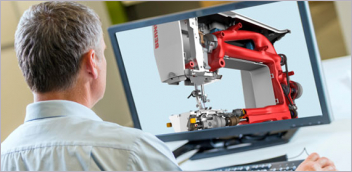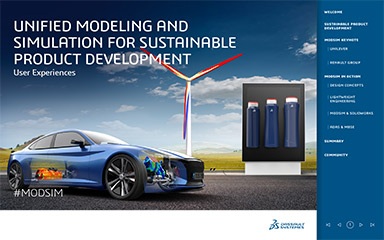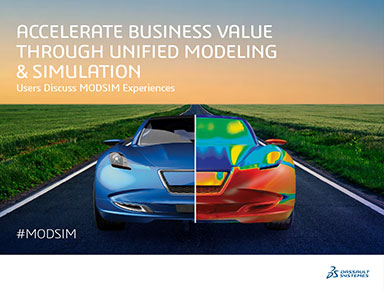Industry Survey Reveals Manufacturer Reluctance in Adapting to Digital Age
Latest News
November 8, 2017
Aras has shared the results of a PLM Benchmark Survey for Enterprise Organizations. The results reveal a significant gap in manufacturers’ readiness for digital transformation based on disconnected product processes and poor enterprise-wide adoption of product lifecycle management systems. Many manufacturers either don’t use the software to its full potential or are hindered by legacy architectures that are not easily upgradable to support their current product processes.
Driven by complex and connected products—from smart industrial equipment to autonomous cars—global manufacturers rely on PLM systems to manage product lifecycle. However, the survey revealed that only 37% of respondents were satisfied with their PLM deployments, and only 54% believe PLM helps them achieve their goals—largely because they are underusing the software:
- Aras reports that systems engineering should be a core use case for PLM, but only 19% use PLM for systems engineering.
- Configuration management and change management are central tenets of PLM functionality, but only 42% of organizations are using PLM in this manner.
- PLM must encompass multiple design disciplines and domains, but only 51% of respondents are able to use PLM to collaborate across functions, suggesting that product data is siloed or housed in non-product development systems.
- Most PLM system vendors are primarily providers of CAD tools, but only 31% of respondents use PLM for MCAD/ECAD data.
The PLM Benchmark Survey findings are available in the eBook: Challenges in PLM for Enterprise Organizations.
In conjunction with the survey findings, industry analyst firm CIMdata released its position paper, “Product Innovation Platforms: Definition, Their Role in the Enterprise, and Their Long-Term Viability” to help industrial companies plan for a new generation of technology to enable today’s complex, connected products. CIMdata’s notion of a product innovation platform that would support all product-related disciplines and users through the entire product lifecycle can open the discussion on the digital transformation. Contact Aras to read the full CIMdata position paper.
For more info, visit Aras.
Sources: Press materials received from the company.
Subscribe to our FREE magazine, FREE email newsletters or both!
Latest News
Related Topics






